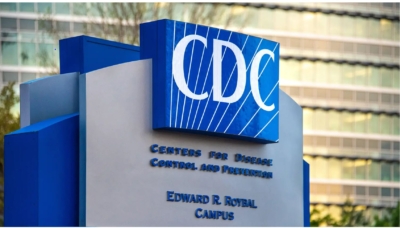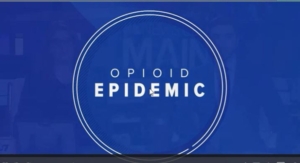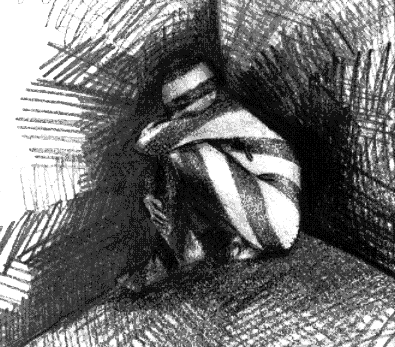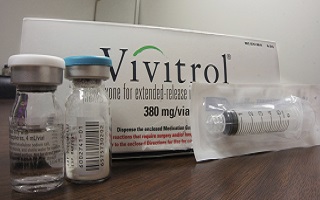
We are honored to have Kristen Boze join the ENSO Recovery team. She is a licensed practitioner of Acupuncture and earned a Masters of Science in Oriental Medicine and is also a Certified Yoga Instructor. Kristen will be using the NADA protocol that received favorable reviews from Yale University in 2016.
Kristen was introduced to participants in the Intensive Oupatient Program in Portland, Maine and conducted her first community session on Thursday April 19th. We will be adding bi-weekly sessions as an adjunct to our current addiction treatment regimen.
See excerpt from study conducted at Yale below.
Acupuncture has been investigated as an adjunct to evidence-based addiction treatments and has been integrated into many treatment centers. A protocol developed by the National Acupuncture Detoxification Association (NADA) seeks to aid patients with substance use detoxification, reduction of cravings, and increased well-being through the insertion of fine-gauge, sterilized needles that are placed in five points in the ear. This practice is called the NADA Five-Point Protocol and is a form of auricular acupuncture [1]. NADA has estimated that over 25,000 practitioners have been trained in this protocol [1]. Acupuncture, a type of Complementary and Alternative Medicine (CAM), has been used to treat addiction with increasing demand. It has been included in the Substance Abuse and Mental Health Services treatment improvement series for treating addiction [2], and the United States Department of Veterans Affairs has integrated acupuncture in many of their hospitals. A recent report indicated that in a survey of 125 Veterans Affairs facilities, 58 offered acupuncture services to patients [3]. Thus, it is incumbent on behavioral health teams, especially those led by psychiatrists, to develop familiarity with this treatment.
The research for the NADA protocol as an adjunct treatment for addictions has largely been supportive of its continued use. One Randomized Controlled Trial (RCT) compared acupuncture (NADA protocol), sham acupuncture (needles inserted into points not identified with addiction), and relaxation control as an adjunct to standard treatment for patients that were addicted to cocaine and receiving methadone maintenance. Results indicated that participants in the acupuncture condition provided more clean urine toxicology screens at the end of the treatment period; however, these results should be interpreted cautiously as there was differential treatment retention between treatment conditions [4]. When this study was later repeated, there were no differences between conditions [5].
The NADA protocol in conjunction with conventional treatment has demonstrated effectiveness in reducing behavioral health symptoms (cravings, depression, anxiety, anger, body aches/headaches, concentration, decreased energy) when compared to the stand-alone conventional treatment [6]. A meta-analysis examined six studies that used acupuncture as a treatment for cocaine use (NADA protocol) and found conflicting results. Ultimately, the meta-analysis was unable to confirm acupuncture as a stand-alone treatment for cocaine use [7]. There is still a need for further research, as acupuncture is a widely available treatment and has demonstrated high patient satisfaction [8].
Within our clinic, acupuncture has been well-received by patients. In our experience patients consistently report a higher quality of sleep, an increased ability to focus, and an overall sense of well-being. Patients have also reported decreases in anxiety, drug craving, and symptoms associated with substance use withdrawal. Also of note, patients have indicated satisfaction with the non-verbal aspect of the intervention; the fact that they are not required to answer questions or verbally interact with a clinician/doctor, allows them to simply “be” in a safe place and experience immediate comfort and relaxation. In addition, patients’ increased satisfaction with this particular intervention perhaps may lead to increases in overall program satisfaction and better overall treatment engagement, a critically important factor in the treatment of addictive disorders.







Been doing acupuncture at Enso Recovery! I love it, I think it works amazingly! I definitely would recommend it to anyone!
Thanks Tim Chenney